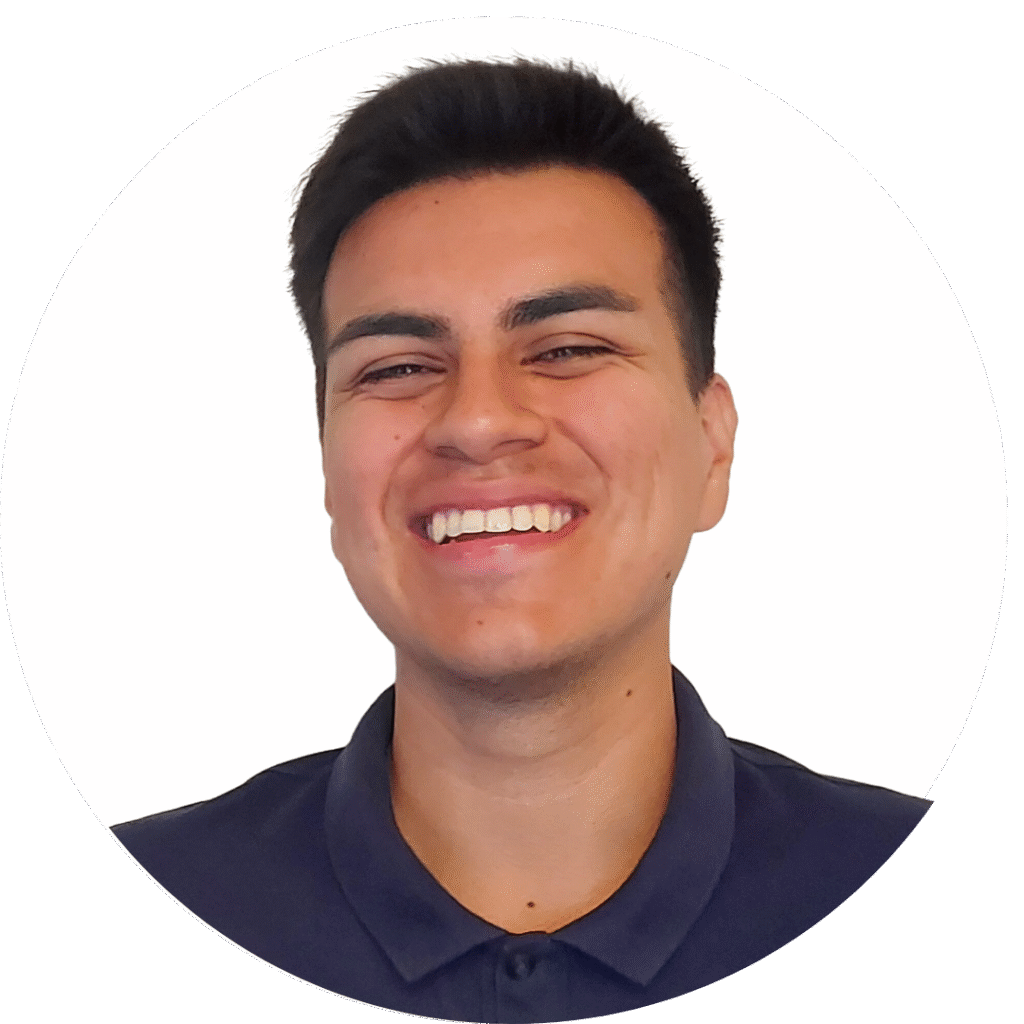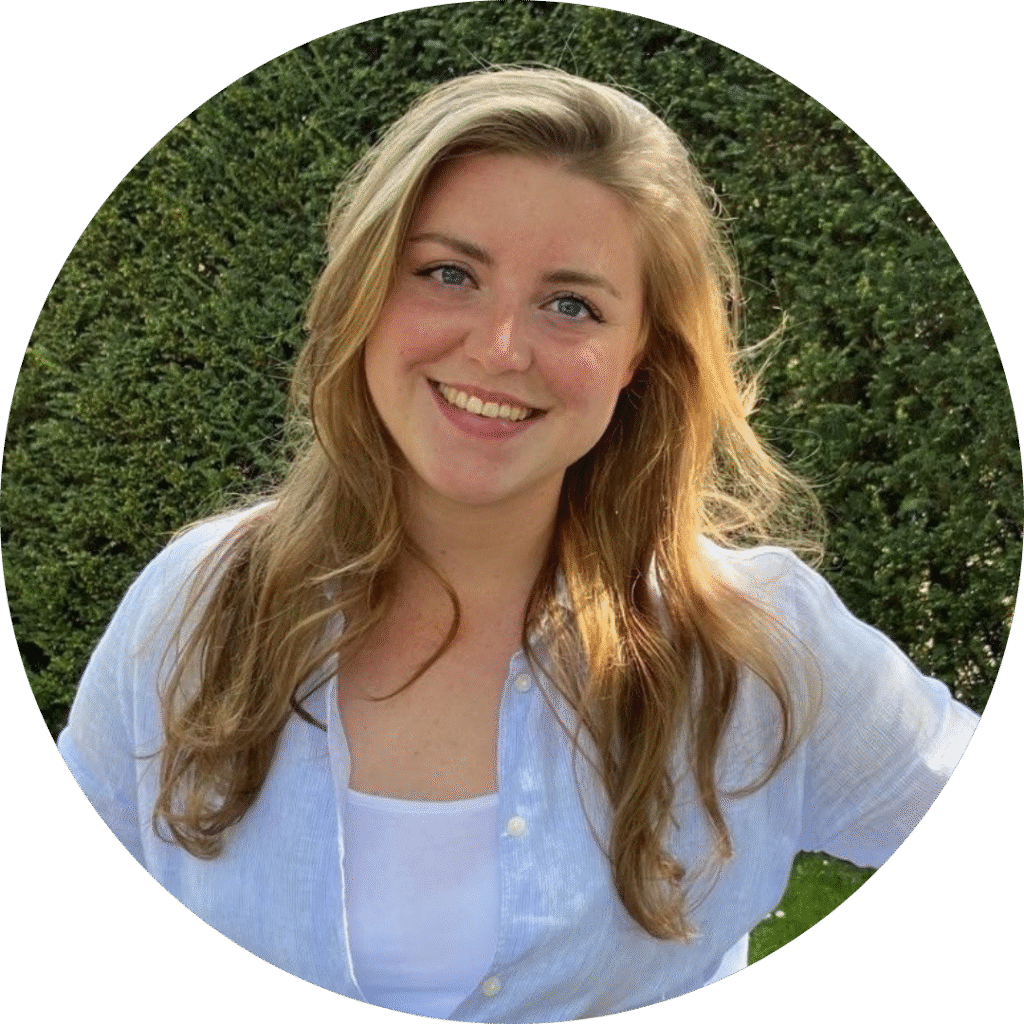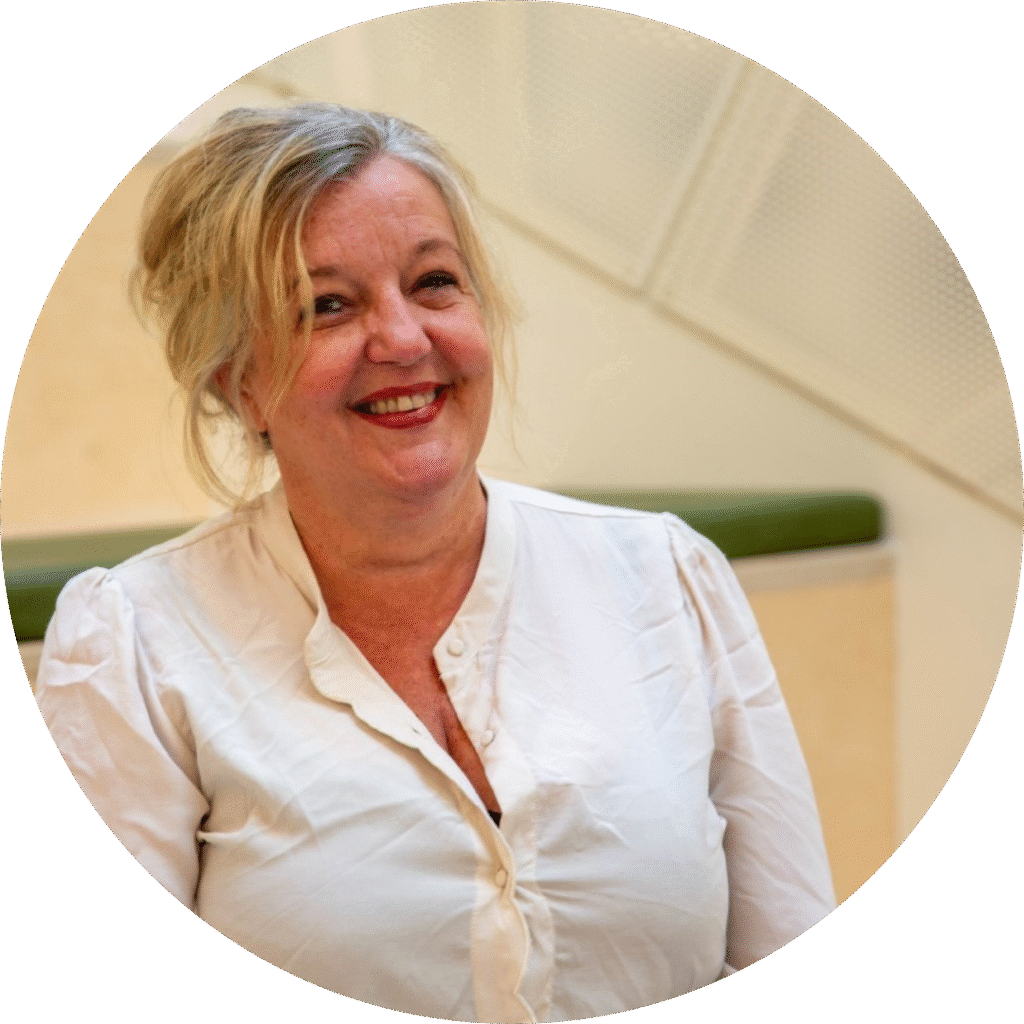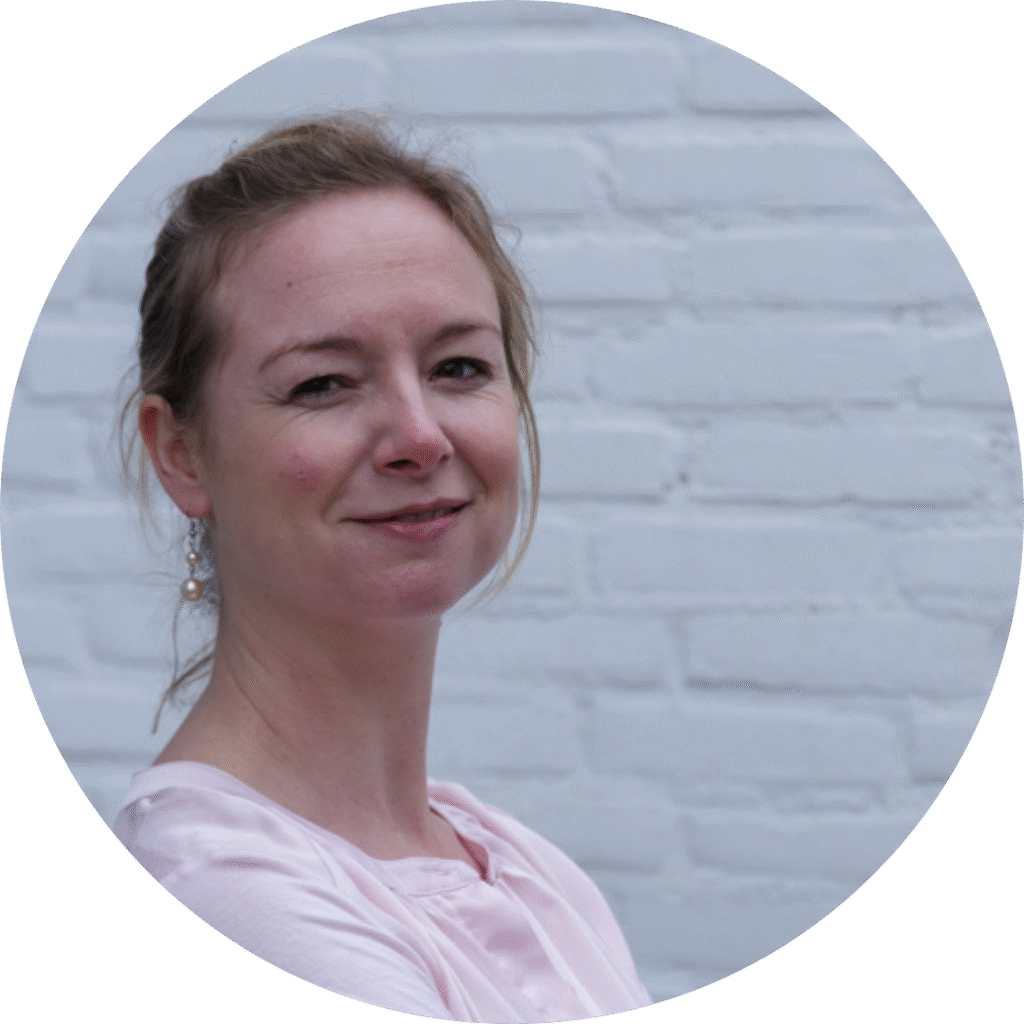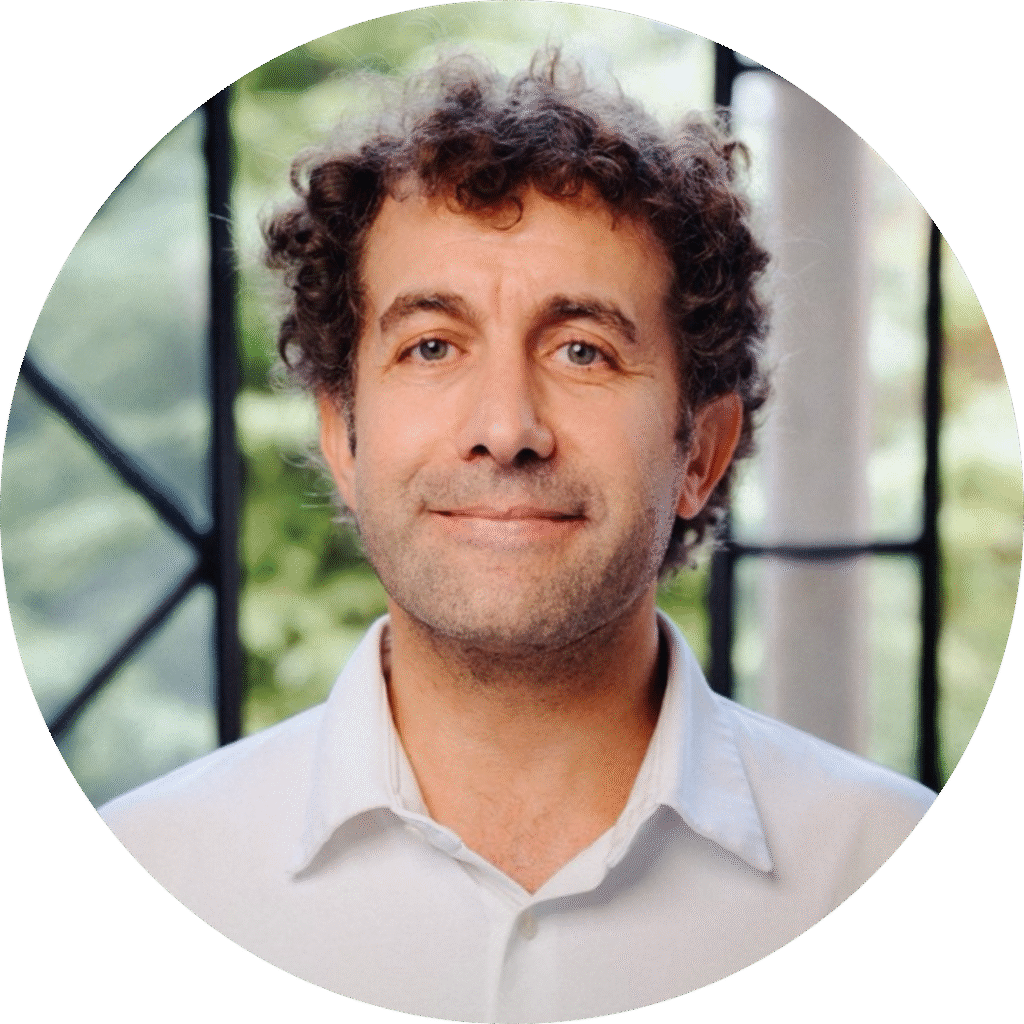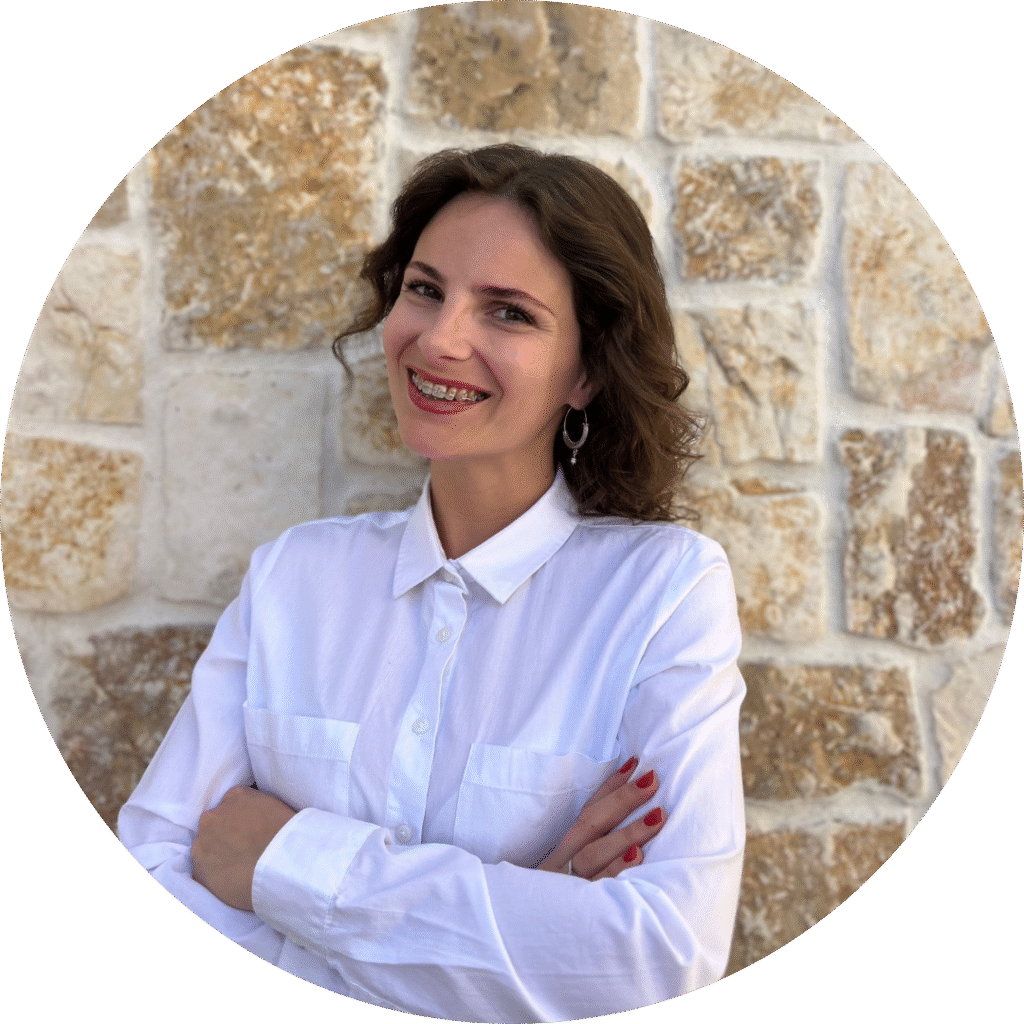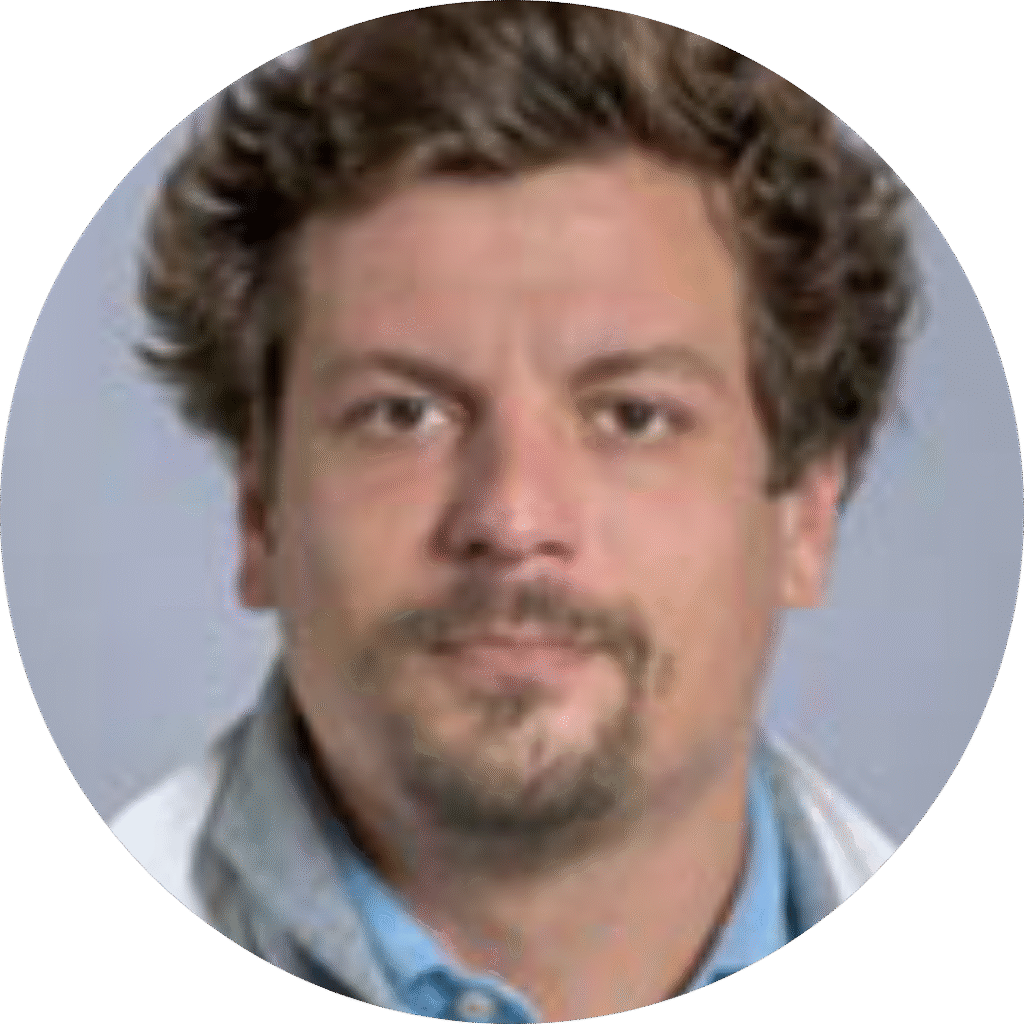Our 29th Youth-GEMs Science Café brought together young experts and researchers to co-create on better digital mental health tools for youth.
Feedback on the GEMMY App
Simone and Laura from Ab.Acus shared exciting updates to the GEMMY self-assessment app, including new illustration styles and a structure based on Maslow’s pyramid of needs.
Young participants appreciated the changes and welcomed the new visual design. They expressed a desire to further explore how each level of the pyramid could provide meaningful support.
Shaping a New E-learning Program
Marijke Kolk introduced a concept for an E-learning program aimed at secondary and higher education teachers. This digital training will equip educators – and potentially parents and other supporters – with practical skills and psycho-education on youth mental health.
Young participants responded positively to this idea, underlining the need for real action from adults who work with young people. “They need to act, not just ask how we are doing.”
None of the young experts were currently using E-health tools but were open to them if recommended and well-designed. The emphasis was on inclusion, practical communication skills, and awareness of neurodiversity.
What’s Next?
We’re assembling a panel of young people, teachers, parents, and researchers to help co-create the E-learning content. The panel will meet five times (one before summer, four after) to shape a tool that meets real needs in education.
Interested in joining? Check this flyer and reach out to us.
Feedback on the GEMMY App
Simone and Laura from Ab.Acus shared exciting updates to the GEMMY self-assessment app, including new illustration styles and a structure based on Maslow’s pyramid of needs.
Young participants appreciated the changes and welcomed the new visual design. They expressed a desire to further explore how each level of the pyramid could provide meaningful support.
Shaping a New E-learning Program
Marijke Kolk introduced a concept for an E-learning program aimed at secondary and higher education teachers. This digital training will equip educators – and potentially parents and other supporters – with practical skills and psycho-education on youth mental health.
Young participants responded positively to this idea, underlining the need for real action from adults who work with young people. “They need to act, not just ask how we are doing.”
None of the young experts were currently using E-health tools but were open to them if recommended and well-designed. The emphasis was on inclusion, practical communication skills, and awareness of neurodiversity.
What’s Next?
We’re assembling a panel of young people, teachers, parents, and researchers to help co-create the E-learning content. The panel will meet five times (one before summer, four after) to shape a tool that meets real needs in education.
Interested in joining? Check this flyer and reach out to us.








